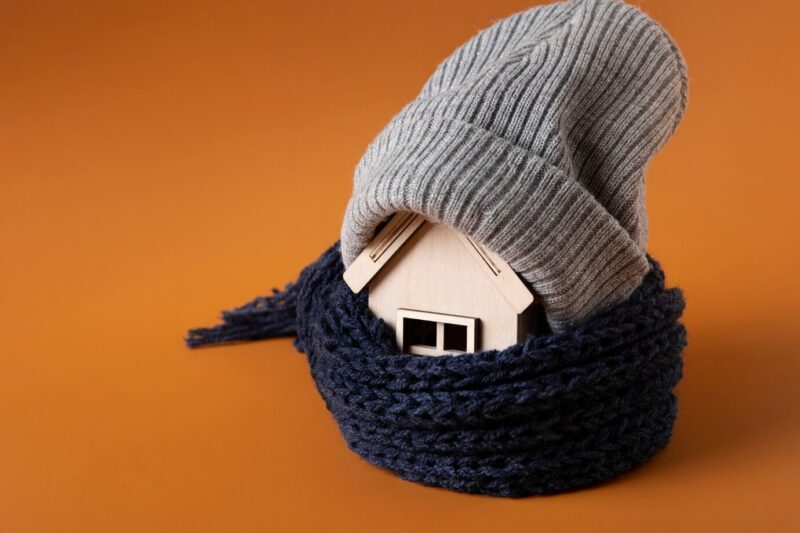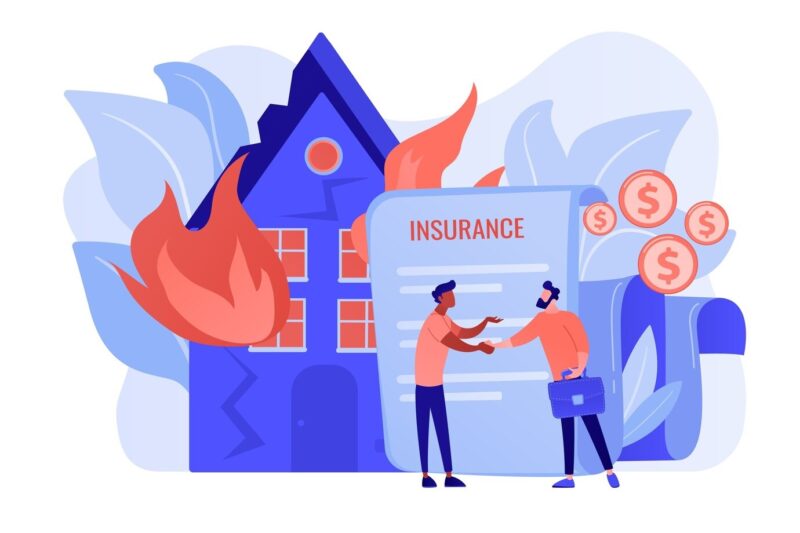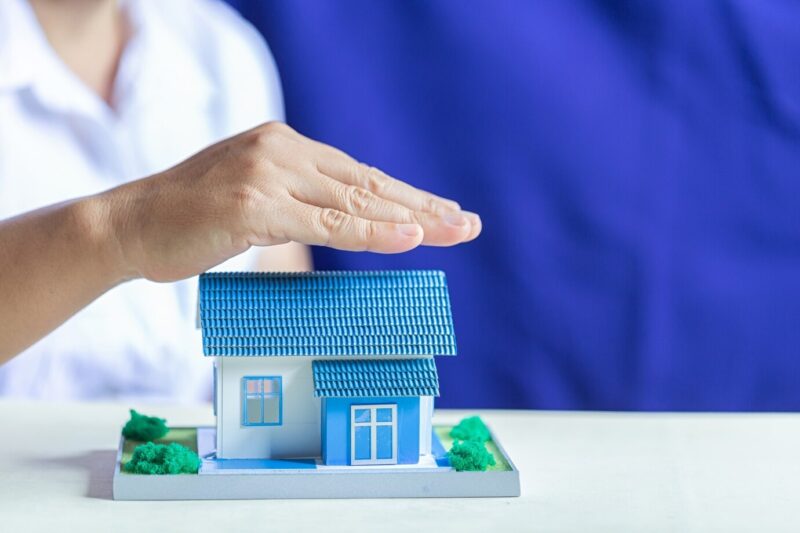Purchasing your first home is a monumental milestone. It comes with excitement, responsibility, and, yes, some stress. Among the many decisions you’ll face, securing insurance should sit at the top of your priority list.
It acts as your safety net, ensuring that your dream home remains protected against the unexpected. If you’re unsure about why insurance is vital or how it works, you’re in the right place.
Key Points:
- Insurance protects your financial investment.
- It covers damages caused by natural disasters and other events.
- Lenders often require it to approve mortgages.
- Policies vary based on location and needs.
- Your peace of mind matters.
1. What Exactly Does Home Insurance Cover?

Home insurance is a financial shield. It protects your property and personal belongings against risks like fires, theft, and natural disasters. Beyond just the structure of your home, policies often include liability coverage.
This means if someone gets injured on your property, you’re not stuck covering medical or legal costs.
When you’re shopping for insurance, it’s critical to choose a policy that matches your location and unique risks. For instance, if your area is prone to flooding or earthquakes, additional coverage might be necessary.
2. Why Lenders Require Home Insurance
Most mortgage lenders won’t approve your loan without proof of insurance. They want assurance that their investment is safe. After all, until you pay off the mortgage, the lender technically owns part of the home.
Without adequate insurance, any damage to the property could jeopardize their financial stake.
By requiring coverage, lenders also encourage you to think about your own financial protection. It’s a win-win situation for both parties.
3. Don’t Forget About Other Policies

First-time buyers sometimes focus so much on home insurance that they overlook other necessary coverage. For example, when relocating to a rural area, farm policies might be worth exploring. Similarly, car insurance is often part of the puzzle.
For anyone living in Dunnville or surrounding areas, bundling your policies can save money and time. A good example is Erie Mutual which offers localized solutions for Dunnville home insurance.
4. How Insurance Gives You Peace of Mind
Unexpected events are part of life. You can’t predict when a storm will hit or when an accident might happen on your property. Insurance ensures that these events don’t derail your finances or disrupt your family’s stability.
Think of it as a safeguard for your future. It’s not just about the monetary value of your home; it’s about maintaining your lifestyle and sense of security.
5. Tips for Choosing the Right Policy
Navigating the insurance landscape can feel overwhelming. Start by evaluating what matters most to you.
Keep these steps in mind:
- Understand Your Risks: Consider location-specific threats like floods or fires.
- Compare Policies: Don’t settle for the first quote. Look for a balance between cost and coverage.
- Bundle Coverage: If you need other types of insurance, bundling might lower your overall costs.
- Review the Fine Print: Ensure you understand exclusions and limits.
- Ask About Discounts: Many providers offer reduced rates for safety features like alarms.

FAQ Section
How much does home insurance cost?
Costs vary depending on the location, property size, and coverage amount. Request quotes from multiple providers to find the best deal.
Is home insurance legally required?
No, but most lenders require it to approve mortgages. Even if you’re buying a home outright, having coverage is highly recommended.
What happens if I don’t have insurance?
Without it, you bear all financial risks for damages or liability. If you have a mortgage, the lender might purchase coverage and charge you higher premiums.
Does insurance cover natural disasters?
It depends on the policy. Basic coverage might not include floods or earthquakes, so you may need additional policies.
Can I switch providers after buying my home?
Yes, you can change insurance providers anytime, but ensure there’s no lapse in coverage during the transition.
Final Thoughts
Buying a home involves more than finding the perfect property. Protecting that investment is equally important. Insurance provides financial stability, peace of mind, and security for your family.
By understanding your needs and exploring all options, you can find the right policy to keep your new home safe.
When you take the time to secure proper coverage, you’re not just buying protection—you’re ensuring a stress-free future in your new home.


